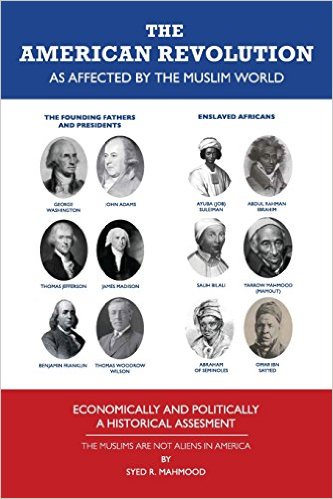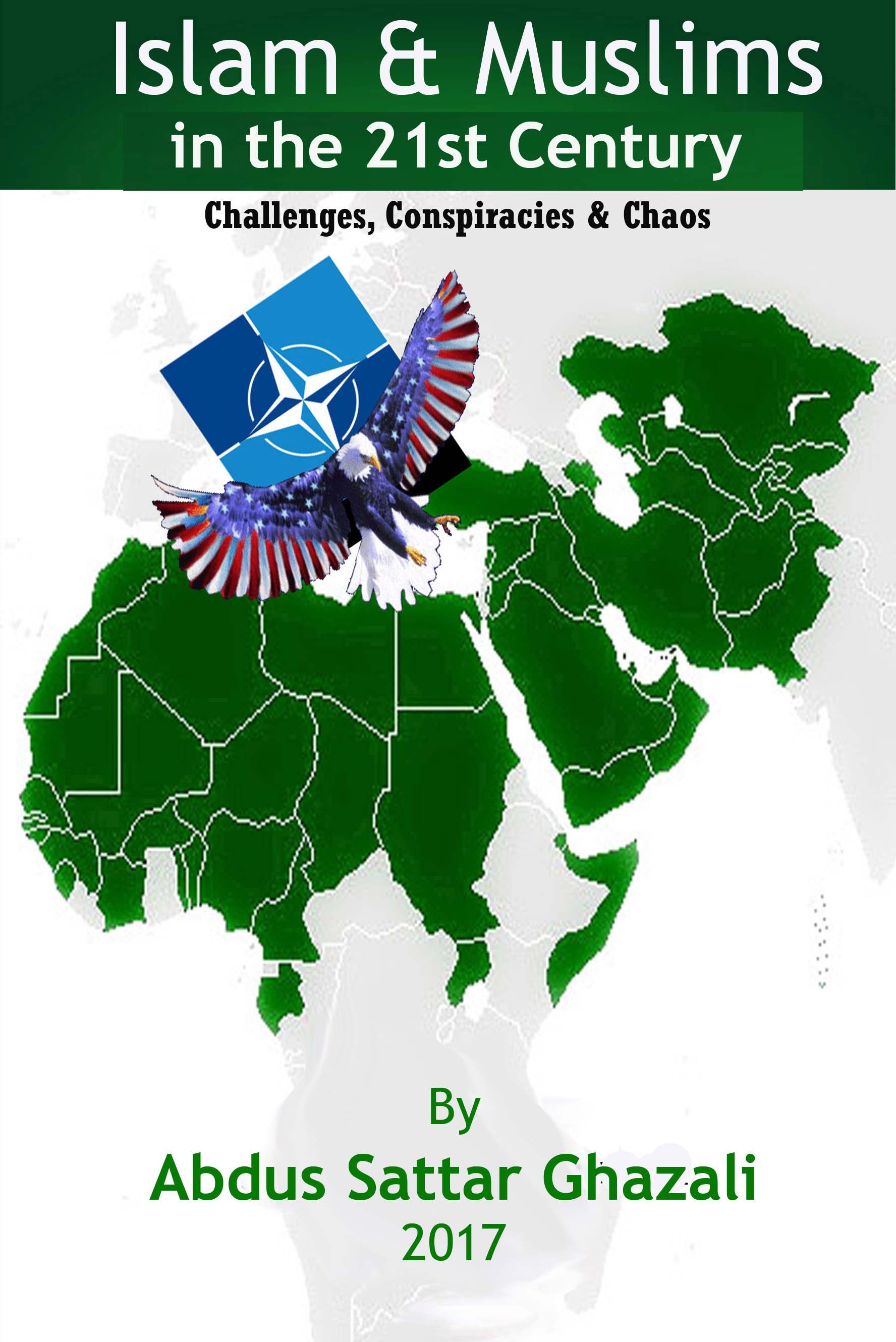November 22, 2020
Why UAE recognized Israel?
By Zafar Malik
There are seven Gulf States which in 1971 decided to form a union. These seven tiny Gulf States bordered by Qatar, Saudi Arabia and Oman were at one time known as the “Trucial States.” Together they measure around eighty-four thousand square Kilometers. Nearly ninety percent of the total area is occupied by the biggest state, Abu Dhabi. There are no natural deepwater harbours and both Port Rashid and Jebel Ali are man-made. It is estimated that out of the total population, only twenty per cent are citizens, the rest are foreigners from an assortment of countries.
On the other hand, Israel has an approximate area of around twenty-one thousand square kilometers excluding those territories occupied in the 1967 war. Jews constitute around eighty per cent of the total population. The rest are mainly Palestinian Arabs. Israelis stay committed to their two objectives of continued commercial and economic growth and unending incursions into world markets. Israel shares borders with Lebanon, Syria, Jordan and Egypt.
The world witnessed decades of sheer aggressive talk against each other both from leaders of surrounding Arab and Islamic countries and the Israeli leadership. What was witnessed in the comments of Islamic and Arab countries and Israel, was their mutual sheer unadulterated hatred. Out of the two groups, it may be pointed out quite impartially, it was the Palestinian Arabs who suffered far more heart-rending tragedies. It is felt that part of the blame for the continuation of cruelties also lay with the intentional ‘slant’ given to news by the media. The human heart cries out for justice and fair play and when these two elements stay chronically short, it leads to lawless activities and unnecessary human tragedies.
Nations, it seems have come to pay less heed to justice and fair play and more to their own selfish motives. It is greed that kills the spirit of human conscience sometimes. That was perhaps the reason why the Palestinian issue – and a few others – have become the proverbial festering sores in the history of mankind. Scant genuine attention is given to find a permanent solution for such important issues which affect humanity at large.
Another element which complicated the issue was the emergence of Iran as a distinct entity. Not only was it emerging as a strong neighbour for the Gulf Arabs but also one that promoted a hard line against Israel. Its Arab neighbours across the Gulf waters quickly perceived that Iran wanted to follow its own route. That raised eyebrows among countries in the West and they began showing concern for the growing strength of Iran. Very soon it became apparent to most surrounding countries that Iran resented being intimidated and bullied into submission by the big and strong powers in the West. Peace moves were generally described as having reached an ‘impasse.’
Within this whirlpool, Palestinians were reduced to the point where they were seen only throwing stones at well-armed Israeli soldiers equipped with the most modern war machinery. Other neighbouring Arab countries in the Middle East which genuinely wished to support the Palestinian cause, on closer analysis, found themselves no match against the well-disciplined and well-armed Israelis. They were also enmeshed in a web of well-planned and organized schemes that rendered them quite toothless in the final analysis.
Meanwhile, another great power was taking firm root in the region which could make a lot of leaders go into serious meetings, and that power was China. There is a lurking suspicion among many analysts that powers that be in the West did not estimate the true strength that China has evolved into until very recently. Who in his right mind would have thought that in the span of a few short decades, China would be able to stand up to the might of the world’s big ‘super power’ the US? Who forecast the sudden sky-rocketing of China’s technology which now seems poised to surpass Europe and the US? After all China had been at the mercy of European powers, especially Britain which had taken precise steps to ensure that the “Yellow Giant” stays deep in its slumber.
In the recent breakout of Coronavirus while the US counts its dead each morning, life has sprung back to normal all over China. Chinese are counting their gains, not their dead!
A few other matters went in favour of China, one of the important ones being the China Pakistan Economic Corridor (CPEC) culminating in the unique port of Gwadar located in Pakistan. That port is unique in being the only natural deepwater port in the world. Simultaneously, over the years relations between China and Pakistan have strengthened dramatically. When the CPEC and Gwadar port are fully operational, they would help several countries like Pakistan, Iran, Bangladesh, Malaysia and others to exploit available markets in those countries particularly in Africa which are now tipped to be the ones that hold the future resource for the next generation of energy resources. There is a strong rumour that the oil-producing states have seen better days and that oil no longer holds the attraction it once had. Importance is likely to shift to some yet unnamed countries in Africa which hold greater promise for a yet undeclared source of energy.
The only trustworthy friend that the US seems to have in the Middle East is Israel and surely the base of more friends in the region had to be broadened, both for the US as well as for Israel. The latter had no friends in the Middle East and had in fact to rely upon the weight that the US brought to bear whenever needed.
The interest, meanwhile, may shift in the Middle East very quickly from oil to some other better sources of energy and financial gain for the countries holding those valuable resources. What matters now is the ability to reach these new emerging markets efficiently. Therefore, although at present the US with its allies such as Israel and Saudi Arabia, can rightfully boast as being the one country that rules the world, that authority may be short-lived. The US couldn’t afford to flirt with the Arabs while all the time presenting an engagement ring to Israel. That level of understanding could only be possible if somehow the Arabs or at least some of them were nudged closer to Israel.
That historical step had to be undertaken in a series of smaller steps which had to be carefully analysed. It did not stay a secret any longer than some fleeting moments for the world to understand and come to the conclusion that the deal struck between the UAE and Israel, had the blessings of the big brother in the region behind it. The untimely and somewhat botched murder of Khashoggi did not create more than a slight murmur in the growing relations between US and Saudi Arabia.
From the perspective of impartial analysts in the region the importance of this deal has been the prominence it has given to the growing relations between Iran, China and some other countries in the region. The US may have brought home to many that it still wields great influence in the region but simultaneously it has come at a price. Undoubtedly, the US has demonstrated its ability to bring to the table two staunch enemies who for decades were used as examples of animosity.
While some old enemies have now begun to smile at each other, the US and its allies here have also helped to divide some countries and also to unite them into strategic and economic blocs. While Iran has been promised economic support by China, Iran in return has promised to supply oil and not expect payment in USD from China but its own currency. The US might consider that move ‘hitting below the belt’ on the part of Iran, and a snub from China. Ordinary countries on the world map dare not engage in such activities because they would pay dearly for doing such a thing. The question was, could the US trespass that line which China has now drawn? And so in preparation to demonstrate what the US might do, the first line of engagement appears to have been drawn. Yet another group of some very small but somewhat strategically significant states have been brought into the fold by the US and Israel. More might follow in the wake of the actions of these states.
On the same pattern China (and now perhaps Russia) are also prepared to exercise their authority and not accept dominance of a power from the other side of the globe. Iran has been paying a price for not accepting US instructions but the sanctions it saw imposed on itself have had a positive impact on it, and Iran has emerged stronger than before.
In view of this development the US felt that it had to bring some more force to bear, and although prima facie it appears that the deal is between the tiny states and Israel, the actual fact is that it has the blessings of the main power in the Gulf, i.e. Saudi Arabia.
With this background, it is felt that this serious set up is primarily aimed at containing Iran who would be supported by China and Russia in the event of any serious confrontation. The world it seems might be heading towards a dreadful conflagration.
Much of the importance of the UAE was owing to the natural resource of oil but what added some more weight was its strategic location in the Gulf and its proximity to Iran. Israel, it can be seen, stands to gain more from this deal because with these friendly states on its side, it now has easier access to the Gulf waters. More importantly it is now assured that it may not receive any meaningful resistance from any significant adversary in the region in case of any serious development between Israel and the Palestinians. Much remains to be seen what the UAE has gained out of this handshake. On the face of it their benefit lies in the fact that the UAE (and indeed Saudi Arabia) have strengthened their stance against any aggressive designs by Iran.
The one group that is clearly seen on the losing side as a result of this deal are the Palestinians who are now left largely to their own resources. Their closest supporters in the region seem to be Turkey and Iran, both of whom have voiced their disapproval of this deal.
For the present the Muslim world appears to have been clearly sub-divided between those that have been supportive of this agreement and those who have vehemently disapproved of it. Elements which make this equation more serious are that while one bloc has received the support from the US and Saudi Arabia, the other bloc has the might of China and Russia behind it.
A greater test of this deal may not be too far. The decline of the importance of oil and the growing interest in another more environmentally friendly source of energy would tilt the balance.
By Zafar Malik, writer and journalist, is the author of Kuwait War 1990 & Its aftermath.

The Journal of America Team:
Editor in chief:
Abdus Sattar Ghazali
Senior Editor:
Prof. Arthur Scott
Special Correspondent
Maryam Turab
Your donation
is tax deductable.



